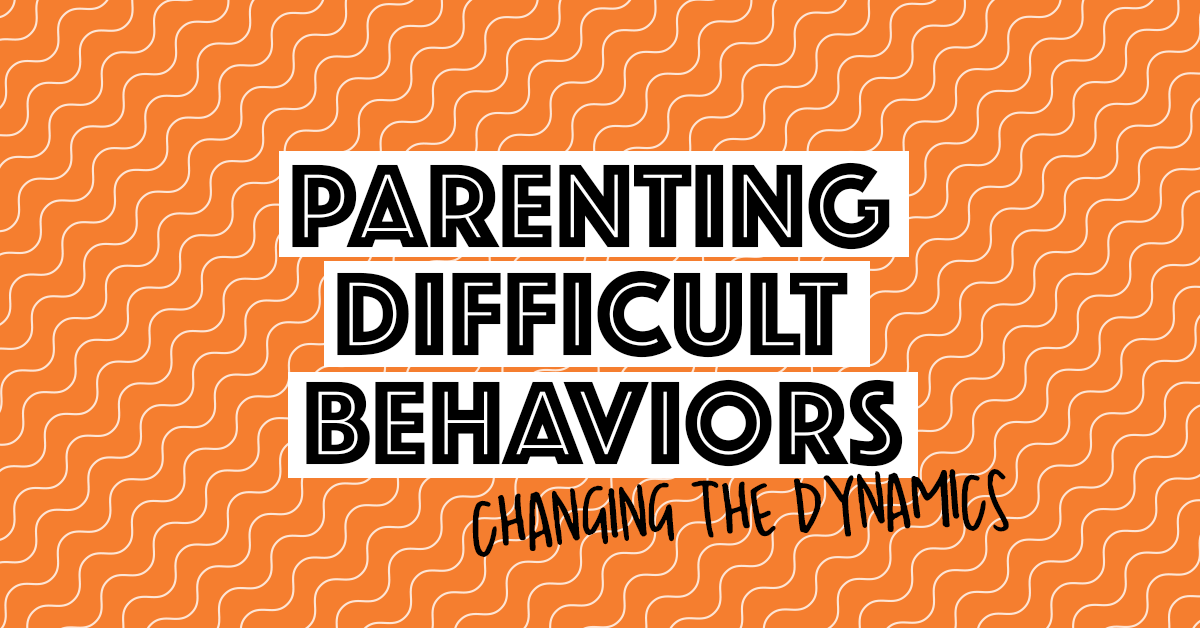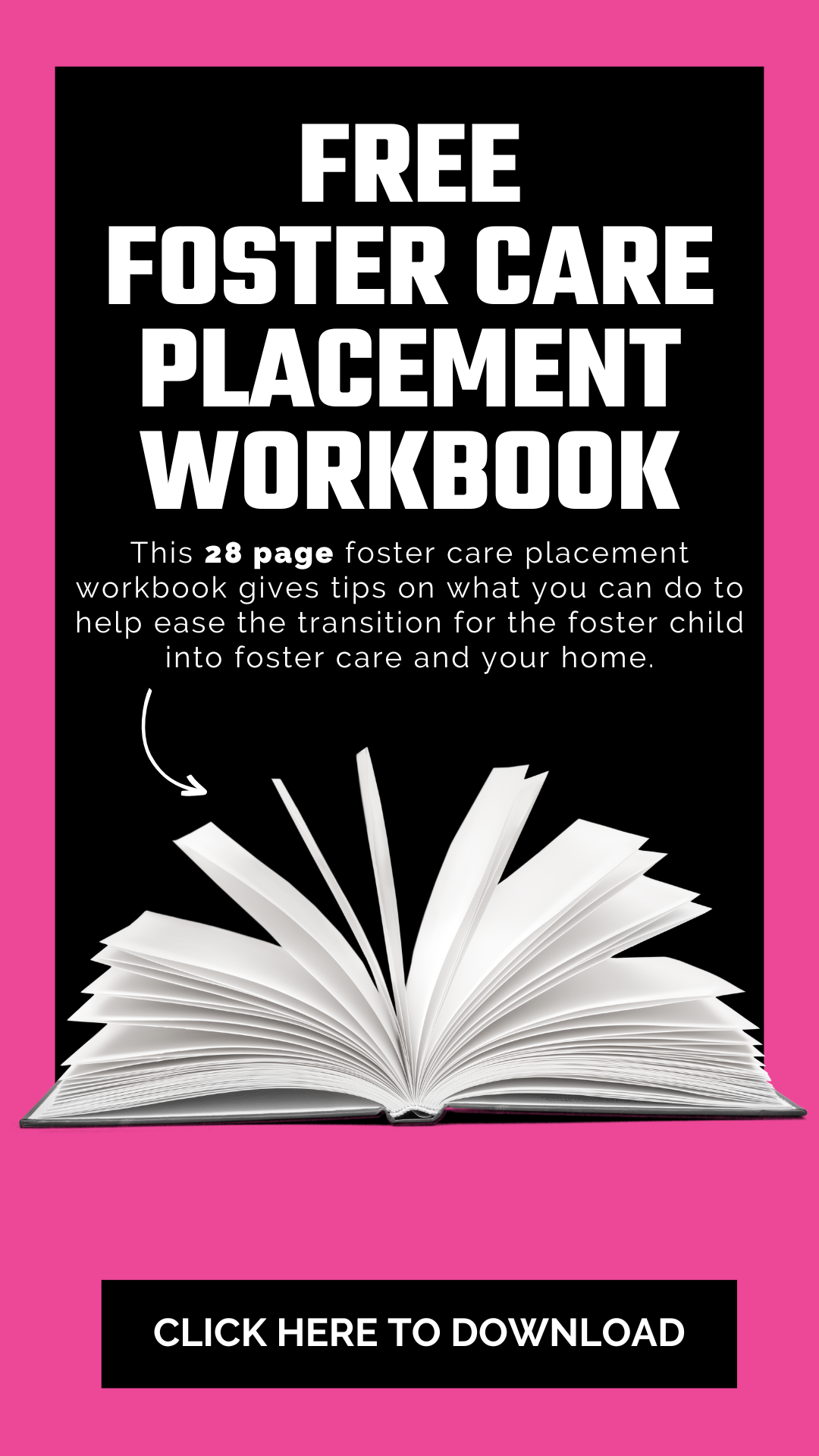
When a parent brings foster children into the home, the additional child will change your family dynamics. After all, it is not just the adults who will be fostering this child. Your own children will have an important role in the well-being and safety of your new arrival.
Take some time to sit down with your child and remind them why you chose to be a foster parent. Share with them what you know, and remind them that the foster child is probably feeling hurt and scared. Ask them to share their feelings about having another child in the home. Tell your children that it will take time to form a relationship with a foster child. Reassure your child that you will always be there for them.
Even with preparation, a parent can recognize that sibling rivalry will exist in all families whether biological, blended, or foster families. Everyone needs to feel that he or she belongs and is significant. When there are problems between siblings, it can help to understand how each child is feeling. Is a child feeling displaced or threatened? Is a child feeling jealous or unwanted? Getting children to identify and express their feelings is a starting point to help learn ways to have their needs met in a healthy manner.
Avoid blaming one child (the bully) and rescuing the other (victim). When you treat them the same, you send the message that everyone is part of the family unit and everyone is unique. Give positive messages to every child so each knows how special he or she is. Find activities that stress cooperation instead of competition. Make it a point to let the kids know much you appreciate their special qualities that set them apart from the other kids.
Examine rules that can be the source of sibling conflict. What are the rules on privacy, belongings, and privileges? Are there consequences for rule violation? Do new rules need to be created?
When a specific problem occurs between siblings, a foster parent can consider all of the tools in the parenting toolbox. These may include developing behavior contracts for the children, setting clear rules and guidelines, using rewards for positive behavior, and utilizing logical consequences for behavior. Once a parent has a handle on the overall sibling issues, it can become easier to rely on your parent training.


